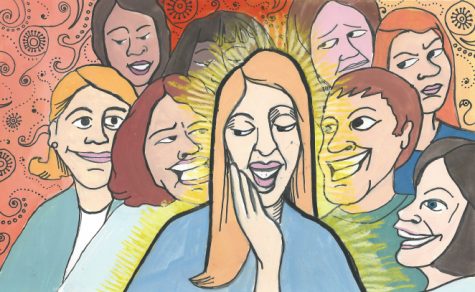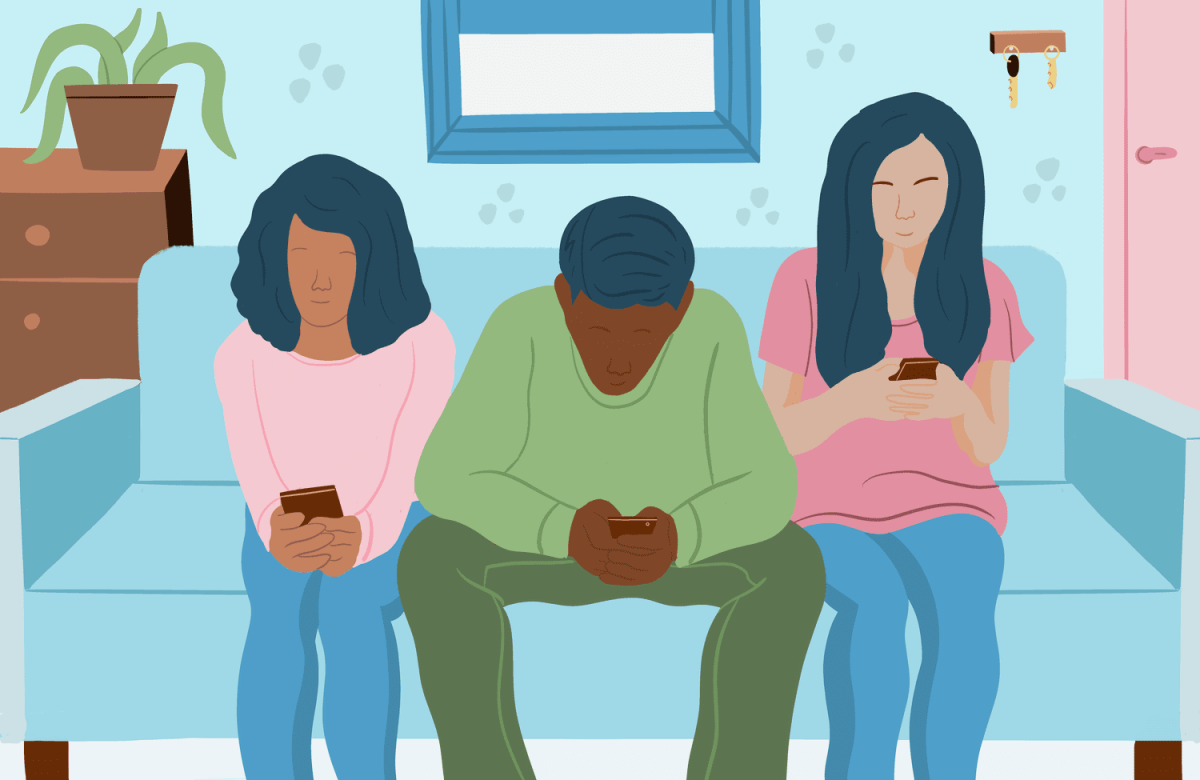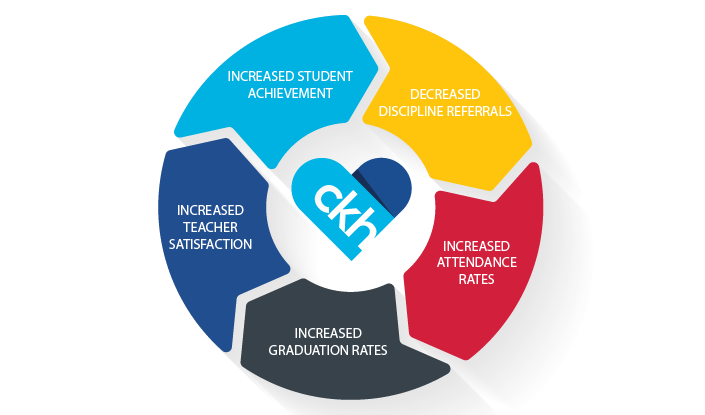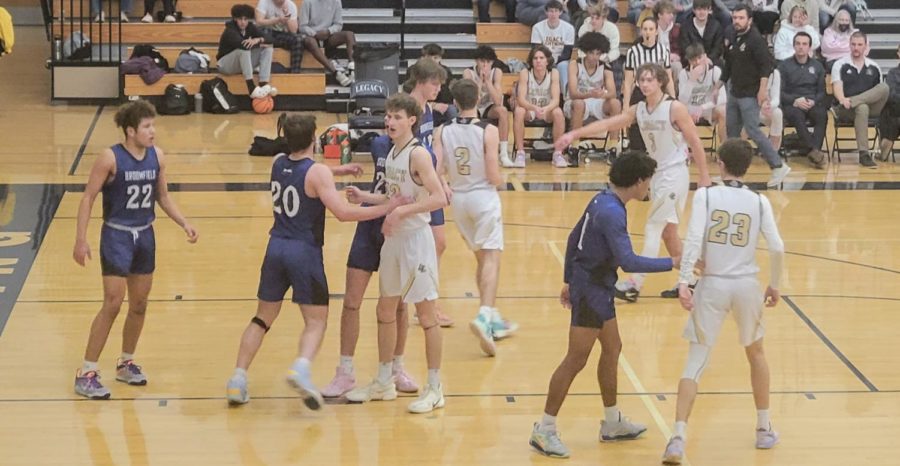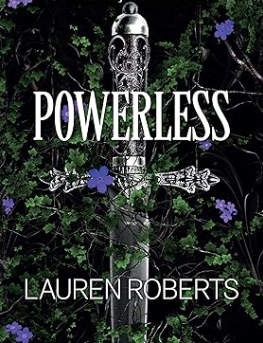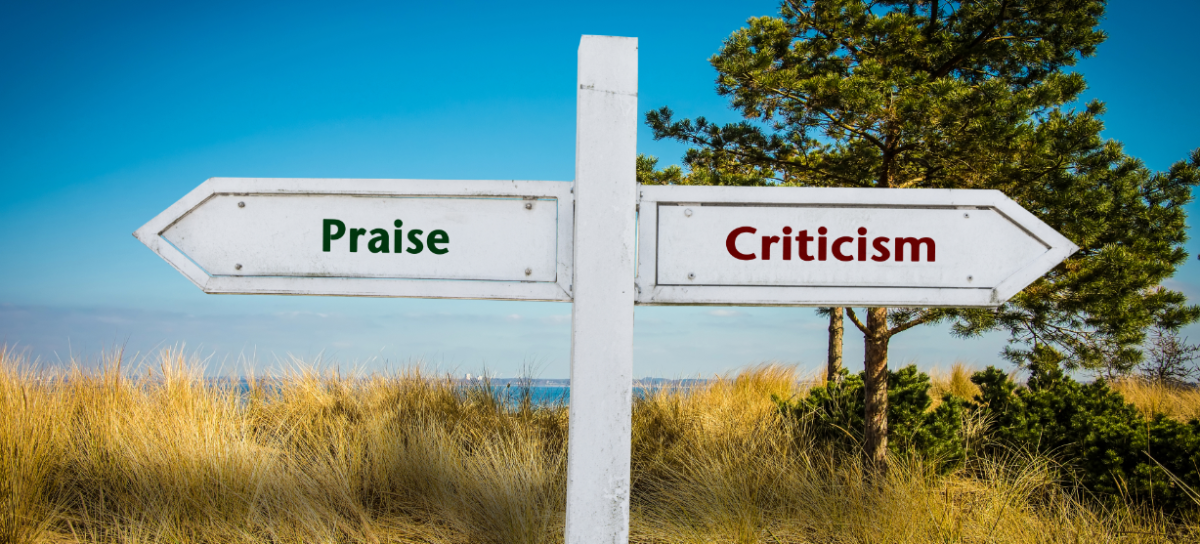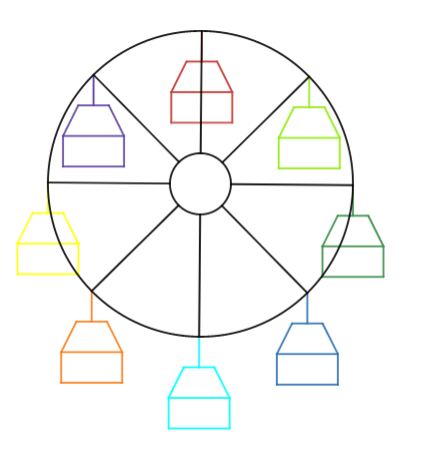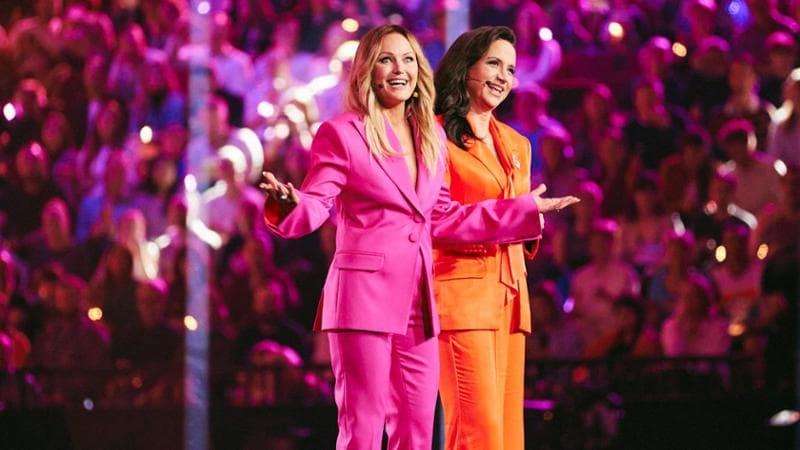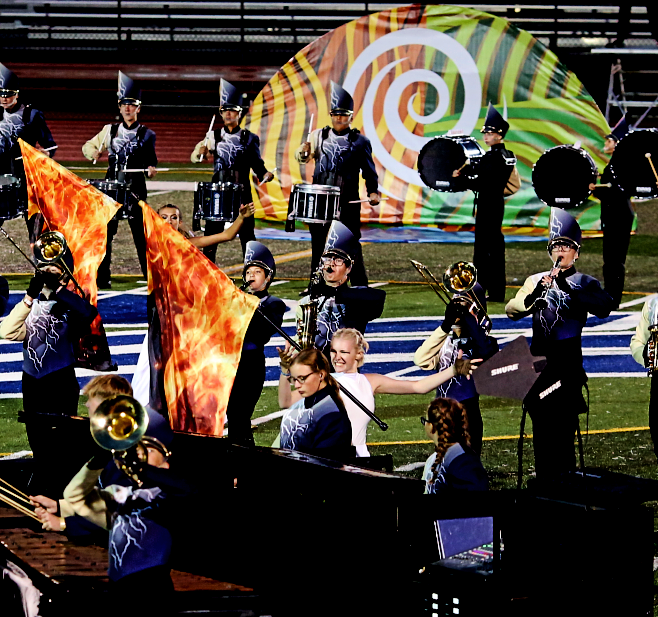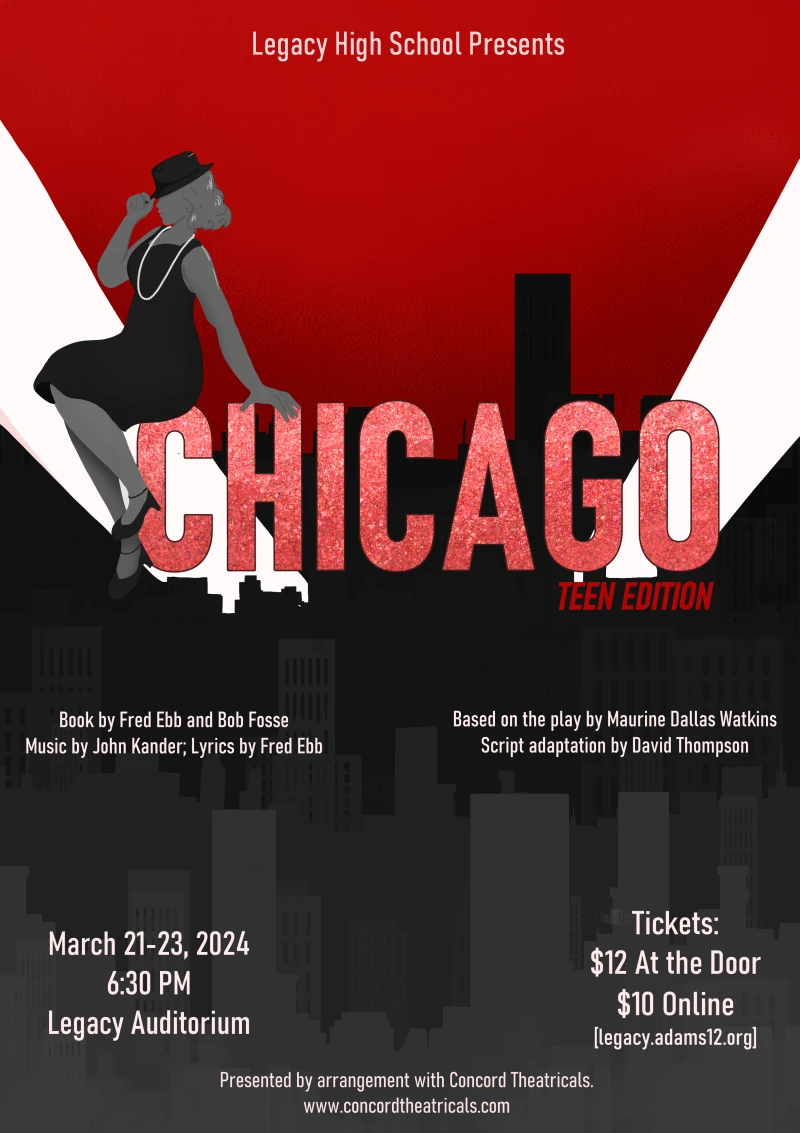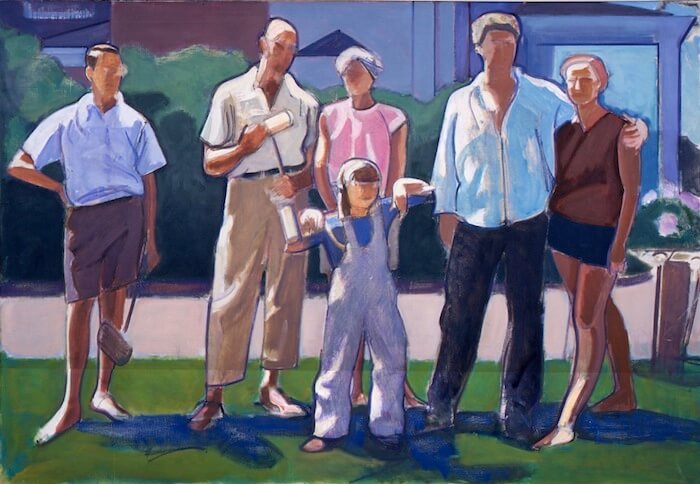How Popularity Influences Student Elections
October 9, 2018
An article from Xaverian Weekly titled Are Student Politics a Popularity Contest? states,“You think he or she will do a good job in x position: you know them personally, they’re outgoing, talented, and a person you are happy to be acquainted with. Of course, you trust your own character judgment, which compels you to make a decision like voting for your friend in the upcoming student election,” The article published on January 28, 2016 goes on to say, “Now here’s the thing: What if we all did that? Gave into our bias and voted for a friend, but not necessarily for the person who is best equipped or qualified for the position they are running for” (Jurga).
Student elections are often a popularity contest. If you say no, then let me put you in a hypothetical situation. Say you are a regular student at Legacy High School, just like you are now, and your best friend is running for Student Body President. You love your best friend and you think that being the student body president would make them very happy.
Now, obviously your friend isn’t the only one running for Student Council President (SCP). Their competitor is someone that you don’t really know that well. Say you have a couple of classes with them, see them in the hallway, but you don’t know them. The only two things you know about this person is that they want to be SCP and they are probably going to do a better job than your friend would.
You have listened to their speeches about what they would do as president and you genuinely believe in a little, hidden part of your soul that they aren’t just better equipped for the job, but that they would probably be happier in it. They are like a fish taking to water, the water being Student Government.
When you get that ballot to vote, who do you choose? Your friend who you love, or a stranger who you believe in? Tough question.
On the one hand, if your friend ever found out that you didn’t cast your support behind them, the friendship might end. But on the other, wouldn’t you be selling out if you didn’t vote for the candidate that you preferred?
The definition of election is “ a formal and organized process of electing or being elected, especially members of a political body.” This has carried out throughout the history of the United States and had (usually) transpired as a fair and just occurrence (with the exception of Nixon and maybe Trump). But does the fairness extend to American schools? Take a real hard look at that the next time you check a name on your schools ballot.
